Exploring the Universe
Spring Semester 2013
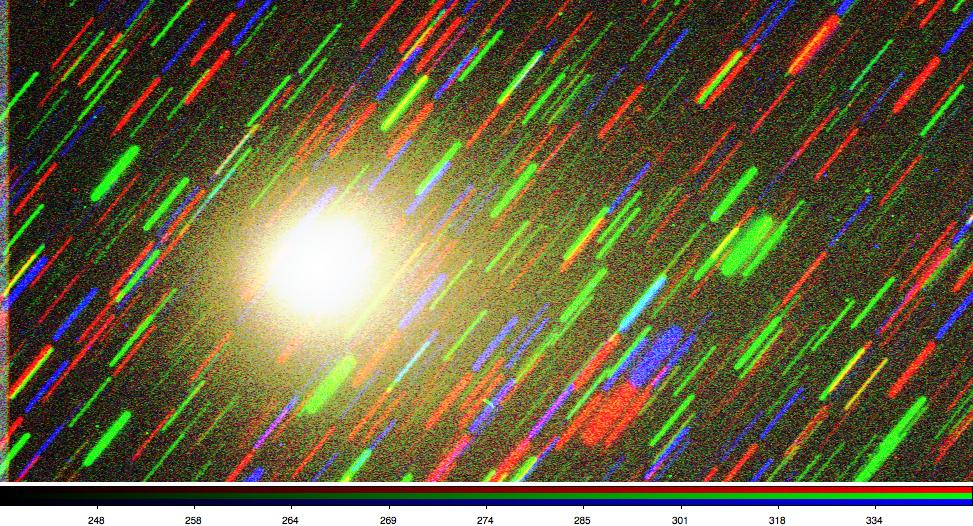
|
Exploring the Universe Spring Semester 2013 |
 |
|
Professor Chick Woodward |
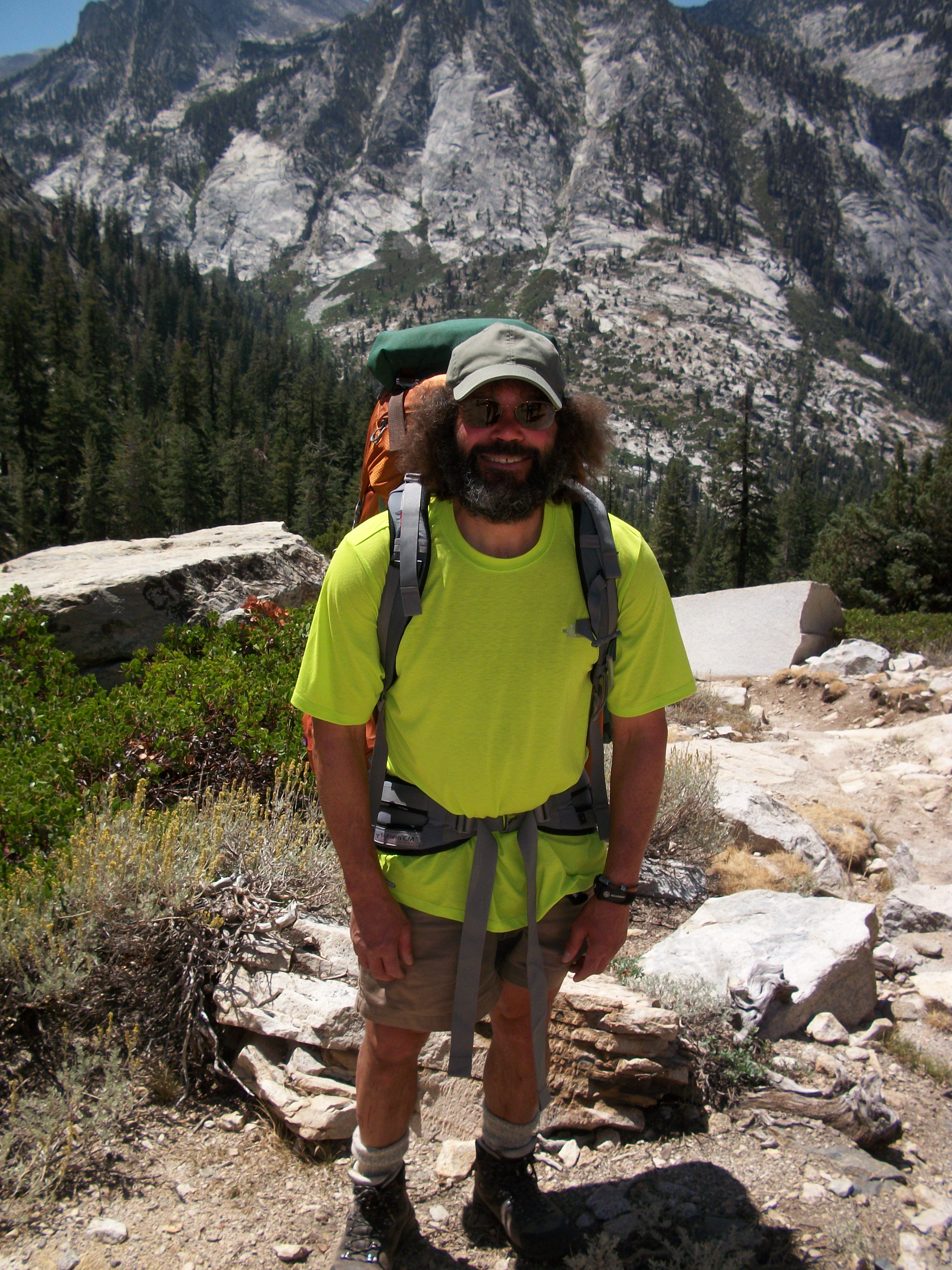 |
Please read the entire syllabus carefully. You are responsible for all of the requirements and procedures described herein. You are also responsible for all announcements, assignments, videos, demonstrations, changes in the dates when material is discussed in lecture, etc., whether or not you are in class. It is also your responsibility to bring 3" x 5" cards to class for in-class activities. These cards are collected for review and recorded in your class effort activity log (nb: no other types of materials will be accepted for hand-in -- i.e., half-sheet pages from note books, scraps of paper, etc). Occasional Moddle assignments will also be posted as part of in-class activities.
My goal for the course is to highlight and discuss the historical background, conceptual and analytical tools, and new discoveries that make astronomy a fascinating subject. As you will see, astronomy combines techniques and ideas from all physical sciences as well as the imagination and introspection of the humanities. Astronomy is a very dynamic field that changes almost daily. In addition, this course is a survey of the field. In order for you to develop an appreciation of the topics that we will cover, it is imperative that you read your text and any other ancillary material that I may distribute (either in hardcopy or electronic format - which may be sent to your U. Minnesota x500 email account or posted on the class Moddle site).
Ast1001 satisfies the
Enviromental Theme requirement. The course introduces the students to a
wide range of topics, from the Solar System and the cosmos, to the
physical principles that underlie the workings of the Universe. The
integrated study of the physical principles and the systems they apply
to allows the students to see Earth in a broader context, and provides
them with a unique perspective on our home planet and its environment.
A key component of the course is an understanding of how science
approaches the physical word around us. Environmental theme topics
are addressed in
several parts
of the course, in both lectures and labs.
The final grade earned by students in this course is composed of the following four components:
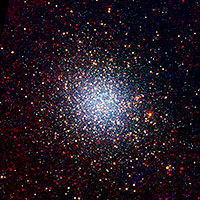 |
|
Mid-Term 1: Thurs. 2013 Feb 28 01:00-02:15 PM -- Phys 166 (plus additional room if available).
Mid-Term 2: Thurs. 2013 April 04 01:00-02:15 PM -- Phys 166 (plus additional room if available).
Final Exam: Thurs. 2013 May 16 01:30-03:30PM -- Rooms to be Announced.
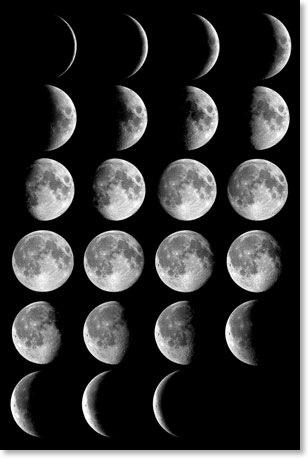 |
|
Part I: Due on Friday 05:00pm Rm 256 22 February 2013
Part I requires at least 3 observations entered ONLINE
and paper photo-copies of the Observing Form placed in your TA's box
(outside Phys. Rm. 256).
Part II: Due on Friday 05:00pm Rm 256 29 March 2013
Part II requires at least 9 TOTAL (including 6 new) observations
entered ONLINE and paper photo-copies of the Observing Form
placed in your TA's box (outside Phys. Rm. 256).
Final Report: Due on Friday 5:00pm Rm 256 PM 26 Apr 2013.
Final Report requires a TOTAL of 15 (including 6 new) observations
entered ONLINE and paper photo-copies of the Observing Form Final Report
placed in your TA's box (outside Phys. Rm. 256).
Observational Project Information: START MAKING OBSERVATIONS
RIGHT AWAY, and don't miss a clear night/day! A useful link to
plan when to do your observing is the
Minneapolis Clear Sky Chart. Every term there are a few
students who put this off. DO NOT BE ONE!! You will need your three preliminary
observations during the third week of school. Since this is a long-term
project, the methods used will be addressed by each lecturer at the beginning
of the semester, as well as by each TA in lab. Always save the original copy
of your observational log and turn in a PHOTOCOPY!!!
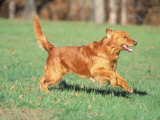 |
|
| Week | Topic | Chapter Reading | Lab |
| 21-25 Jan | Perspectives, Night Sky | Chap 1, 2 | NO LAB |
| 28 Jan - 01 Feb | Time, Science of Astronomy | Chap 2, 3 | D (Moon Phases) |
| 04 - 08 Feb | Motion, Gravity, Orbits, Energy | Chap 4, 5 | A (Astron. Distances) |
| 11 - 15 Feb | Light, Telescopes | Chap 5 | B (Kepler's Law) |
| 18 - 22 Feb | Solar System Origins, Asteriods, Comets | Chap 6.1-6.4, 9 | E (Telescopes) |
| 22 Feb | Moon Obs Project Part I DUE | ||
| 25 Feb - 01 Mar | Terrestrial Worlds | Chap 7 | L (Impacts) |
| 28 Feb | MID-TERM EXAM 1
Section 3 - 12:45-02:00PM Phys 166 (and additional room if available) |
Lectures Chs. 1-8 Labs D,A,B,E,L |
..... |
| 04 - 08 Mar | Exoplanets and Exo-Earths | Chap 6.5, 18 | M/N (Aliens)) |
| 11 - 15 Mar | Jovian Planets | Chap 8 | I (Energy) |
| 18 - 22 Mar | Spring Break | Spring Break | Spring Break |
| 25 - 29 Mar | The Sun, Survey of Stars | Chap 10, 11 | NO LAB |
| 29 Mar | Moon Obs Project Part II DUE | ||
| 01 - 05 Apr | Stars, Star Stuff | Chap 11, 12 | F (Spectroscopy) |
| 04 Apr | MID-TERM EXAM 2
Section 3 - 12:45-02:00PM Phys 166 (an additional room if available) |
Lectures Chs. 6.5, 8-12, 18 Labs M/N,I,F |
|
| 08 - 06 Apr | Stellar Graveyards, Black Holes | Chap 13 | H (HR Diagram) |
| 15 - 19 Apr | Our Galaxy | Chap 14 | K (History of Matter) |
| 22 - 26 Apr | Galaxies and Comsology | Chap 14, 15 | J (Expansion) |
| 26 Apr | Final Moon Obs Project DUE | ||
| 29 Apr - 03 May | Dark Matter, Dark Energy | Chap 15, 16 | G (Dark Matter) |
| 06 - 10 May | The Begining of Time and the Universe | Chap 17 | NO LAB |
| 16 May
|
FINAL EXAM (somewhat comprehensive)
Section 3 - 01:30 - 03:30PM (Rooms to be Announced) |
Lectures Chs. 1-18 Labs - ALL |
.... |
 |
|
| Material | Points for Each | Total Points | % of Grade |
| 12 Labs | 20 | 240 | 24% See Note Below! |
| Observational Project Total | ... | 140 | 14% See Note Below! |
| Mid-Terms (You must complete two) | 160 | 320 | 32% |
| Final (Somewhat Comprehensive) | 270 | 270 | 27% |
| In-Class Activities | 2 | 30 | 03% |
| Total | ... | 1000 | 100% |
Preliminary grade bins will be assigned as follows: A: 880 - 1000;
B: 780 - 879; C: 650 - 779; D: 500 - 649; F: 0 - 499
(You must receive a 'C-' or better to receive a grade of 'S'). The
instructor reserves the right to apply a curve if the grade distributions
warrant such action. You must also take all three written examinations.
NO extra credit activities are allowed or considered, so please work diligently
throughout the semester and keep on task.
NOTE: In order to
receive a passing grade (i.e., other than a F) in
the class you must get at least 50%
of the total available Lab points (120/240), at least 50% of the
total available Observational Moon Project points (70/140), and
at least 40% of the total available In-Class Activity points
(12/30). In addition, you must take all three exams in
order to receive consideration for a passing grade for the entire class.
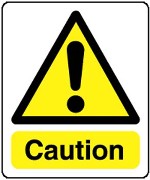 |
|
Classroom and Laboratory Policies:
University
scholastic conduct and
classroom procedures will be followed. You are responsible for being familar with
these policies and conduct guidelines. Students are welcome to work together, exchange
ideas, etc. However, each student is responsible for submitting original work
for evaluation (including proper citations as required). The use of cell phones
or the sending of text messages or tweets during a quiz or an exam will be understood to be
an act of academic dishonesty and shall be grounds for awarding a grade of F or N
for the course and a report to the Office of Academic Affairs or other cognizant
body for potential University disciplinary sanctions.
To provide an uninterrupted classroom or laboratory experience and to promote
discussion without distraction, use of cell phone, pagers, text messages,
twitter feeds, instant messaging, i-chat devices, and Ipods or tablets are
not permitted in the classroom or lab. You must turn these applications/devices off
prior to the start of class or lab.
Academic Integrity, Course Materials, and Digital Recording:
The University expectes the highest standards of honesty and integrity in the
academic performance of students. Any act of scholastic dishonesty is regarded
as a serious offense, which may result in explusion. Scholastic dishonesty is defined
as plagiarizing; cheathing on assignments or examinations; engaging in
unauthorized collaboration on academic work; taking, acquiring, or using test
materials without the express writen consent of faculty; submitting false or
incomplete records of academic achievement; acting alone or in
cooperation with another to falsify records or to obtain dishonestly grades, honors,
awards, or professional endorsement; altering, forging, or misusing a
University academic record; or fabrication or falsifying data, research
procedures, or data analysis. Aiding and abetting an act of scholastic dishonesty
is also considered a serious offense with the same possible consequences.
Students may not make commercial use of their notes of lectures or
University-provided materials without the express
written consent of the instructor. Class notes provided by the instructor
are copyrighted and may not
be posted on any digital form, or be transmitted electronically or in hardcopy
form to any person not officially enrolled in the class at the University. Digital
recording in the classroom is strictly forbidden.
TTh Lectures: Attendance during lecture is strongly
advised. Although most material presented can be found in your reading
materials, additional viewgraphs, charts, visuals, etc. may be presented
or on Moddle posts. Occassionally, there may also be very short in-class activities
that you will be required to complete and hand-in at the conclusion of the
excersize (which gives me the ability to "spot-check" who is active in the
class). At the descretion of the instructor, short Moddle activities may be assigned.
Email Contact: You can contact me via email at my X500
University address: woodw024. I will try to respond (best-effort) within
48 hrs. You must place in the subject line ast1001, else your email may be
removed as spam.
Class Notes: Selected classnotes (sensitive to copyright
restrictions) will be available on the class Moddle site (*.pdf file) at
the end of each week of instruction. These notes are solely for your reference
only and may not be distributed to anyone else not enrolled in the
AST1001 course Spring 2013 semester at
the U. Minnesota in digital, paper, or other electronic means. Such postings
will be considered a violation of the
U. Minnesota Honor and Student conduct code
resulting in an automatic failure of the course, as well as other
disciplinary remedies.
Examinations: All examinations will be in Phys 166
(or additional classrooms to be announced shortly before each
exam). Exams will cover material discussed in
class, handouts, labs, and your reading materials. No formal or organized
review seesions will be held.
Bring two pencils and a photo-ID to all exams!
The exams will consist generally of a mix of multiple choice questions,
short answer, or drawing/sketching questions.
If you cannot make
an exam, see the me well in advance about scheduling a makeup
exam (which are only scheduled for the following Tues class period). If
you cannot notify me in advance (minimum 1 week), contact me as
soon as possible -- best accomplished through email. Makeup exams
requested after an exam is given will not be granted, unless extraordinary
situations arise. Exams (both the
multiple choice and any other potential the essay portions) will be
returned to you in the labs. The finals will be returned in the TA office.
Exam scores will be posted on the web. If you feel there is an grading
error on your multiple choice/short anwser portion of your exam, please see the
administrative assistant (Terry: tt (at astro.umn.edu) in Physics 356.
Queries concerning your essays/short anwser questions should be directed to your lecture
section professor (me!).
No rescheduling of the FINAL EXAM will be considered
unless a valid University related absence (which is officially
sanctioned) presents a conflict. Do not plan to depart campus prior to your final
exam on 16 May 2013.
You may bring to the exam a single 8" x 11" sheet of
paper with notes (you can use both sides). I may collect this
sheet after each exam
to review (although this "study guide/thought organizer" will not be
graded). Mid-terms are not comprehensively cummulative, although commonly
missed questions from the prior exam may be asked again! You will not need
a calculator for the exams, so use of calculators, digital pads,
smartphones, etc. is expressly prohibited during exams.
Labs: The laboratory section of this course consists of
weekly lab projects completed in a group work format. Each student will
be expected to participate equally in all activities, and the use of "roles"
in the groups may be implemented by the lab instructor. Please note
that material covered in labs will appear on the mid-terms and will
be discussed in lecture.
Observational Project: Completion of the project is required
to recieve a passing grade in the course. Every term there are a few
students who put this off. DO NOT BE ONE!! Always save the original copy
of your observational log and turn in a PHOTOCOPY!!!
Special Needs: - Any students with special learning needs or disabilities must contact their professor during the first two weeks of class. In particular, those students taking exams through Disability Services MUST schedule to take their exam on the same date and same start time as the classroom examination (no acceptions).
Electronic Technologies: Use of cell phones, pagers,
messaging PDA's or other wireless communication devices (including
laptops, iPads, tablets, smartphones, etc. for email) is not permitted at anytime during class
or exams. Users (including text msgrs) will be asked to immediately
leave the classroom. Please be considerate of your fellow students
and conduct your e-business, phone calls, and/or facebook activities
outside of the classroom. Taking of pictures or digital recordings of
the classroom, lectures, and/or associated activities is expressly prohibited.
rev 2013.Jan.20 © Dr. C.E. Woodward All rights reserved.